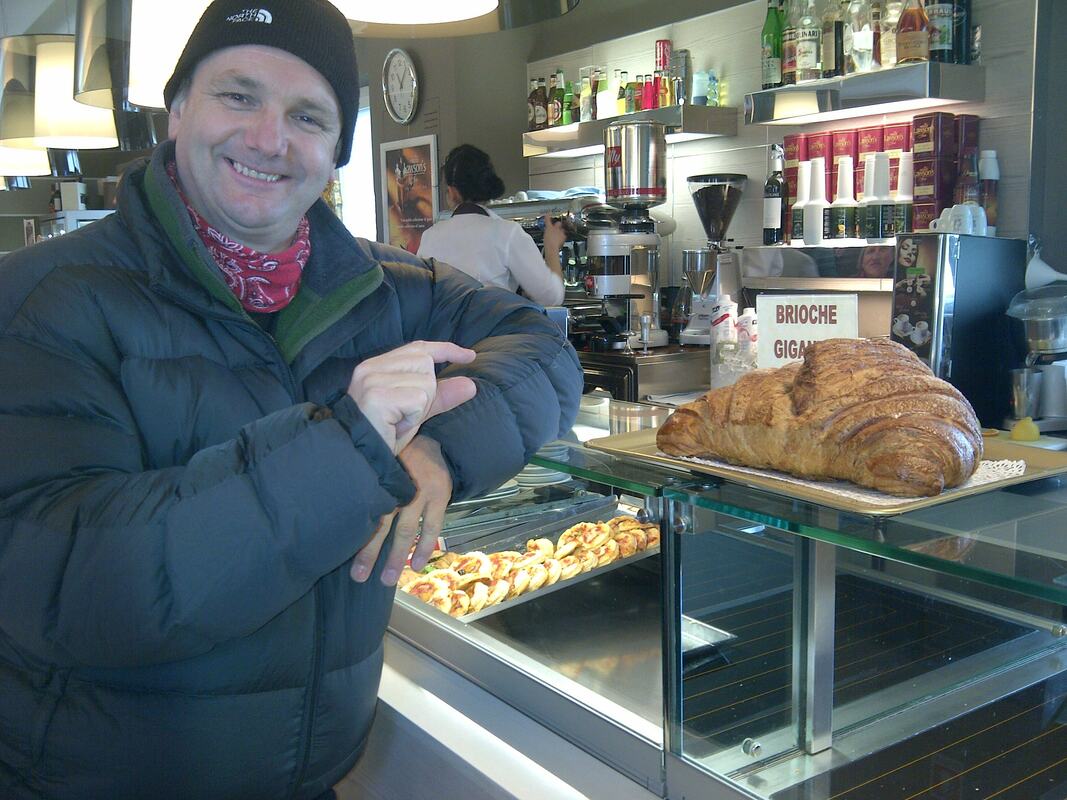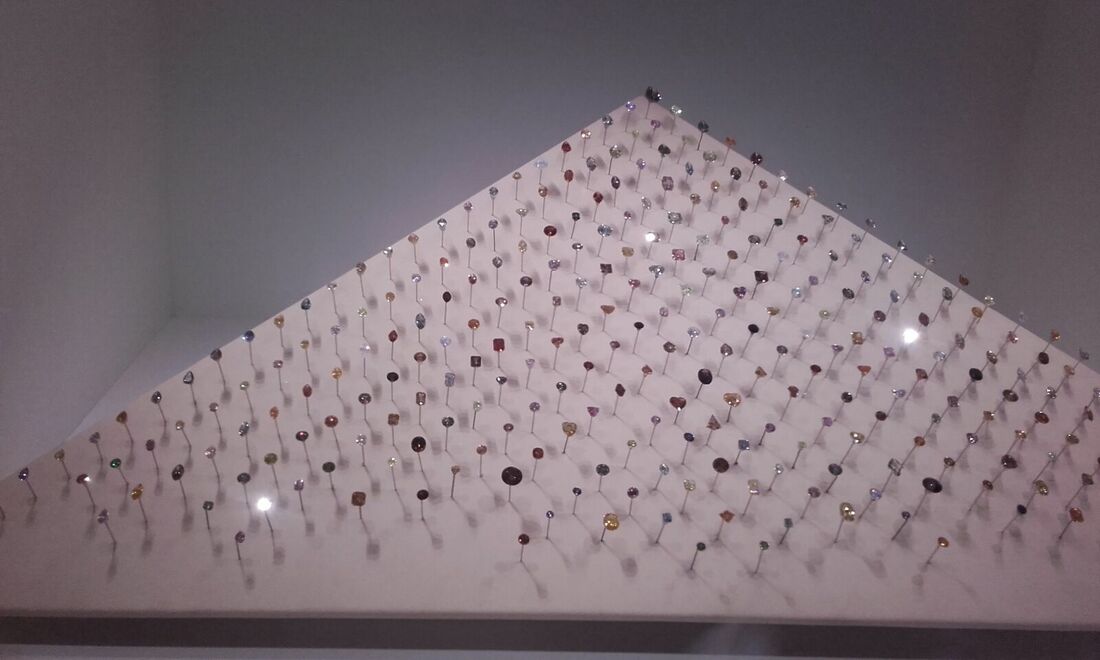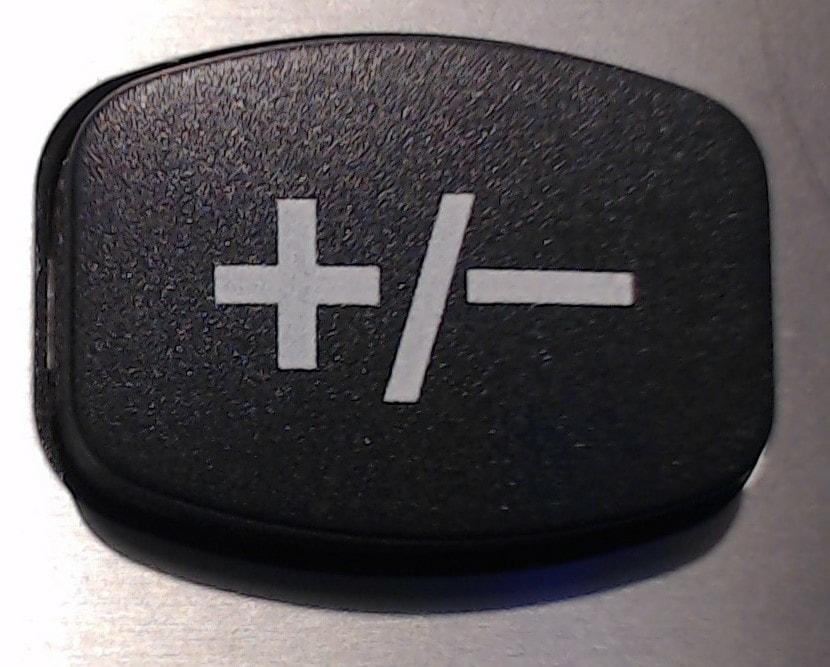The Thursday Thesis – 31/1/2019
0 Comments
The Thursday Thesis 24/1/2019 The Thursday Thesis – 24/1/2019
It’s and eternal truth that – at any time – there are hundreds of things in my life that I haven’t quite got around to finishing. Ranging from the tiny day-to-day items of unfinished business, though an old blog audio to upload, to the unfinished house renovation project which inches forward once in a while... You may even know someone who has similar issues... The stress of carrying around – and inventing reasons not to finish – all of that stuff is massive: it may even be easier to get the jobs done, tick ‘em off the list and crack on with the next thing on my ever-lengthening To Do list. That’s not a joke or hyperbole either - there’s a deep truth hidden in the joke: The Zeigarnik Effect. Back in the 1920s, a Russian psychologist named Bluma Zeigarnik ran a study on memory and how we are affected by our uncompleted tasks. Whilst at dinner she’d watched a restaurant waiter handle big, complex orders from her table. No problem – the waiter got everything right and the group enjoyed the meal, leaving later in good spirits. Zeigarnik realised she’d left something in the restaurant and returned to collect it, only to find that the waiter didn’t recognise her and could remember nothing about her or her companions. The results of the study were conclusive: once a task has been completed we will have less ability to remember the details of that task than an uncompleted task. It’s as though our brains tick their metaphorical box as “Job Done” and dispose of the memories it had needed to get the job done. How useful would it be to use that phenomenon to forget what didn’t serve us? This week I’m going to be experimenting with a couple of old issues – the unfinished business that I can do nothing about and have no need to hang on to. I’ll be reminding myself that those things were over a long time ago and they are dead and buried, that they have been shredded, destroyed and forgotten. I’m calibrating the big issue (an ex-friend who borrowed money and stiffed me for the payments) at 7 out of 10 for grumpiness when I think about it, and I’ll re-calibrate at the end of the week, just to see if running that reminder speech over and over makes things better. How about you – any issues you’d like to try that with? Let me know how you get on with it and if it helps: you never can tell if a daft idea can work wonders. © Neil Cowmeadow 2019 Please Like and Share The Thursday Thesis with your friends, family, and your invisible supernatural friend. I’d love to hear your comments, along with any ideas you’d care to hurl at me. Neil@cowtownguitars.net Waiting... The Thursday Thesis – 17/1/2019
Listen. Can you hear it? Just there – in between words and slid between the burble electronic s. Do you hear it? That’s where the magick lives, where the world of noise ends and the otherworld begins. Silence. Once upon a time I believed that silence was a simple thing, it was just a lack of sound, and absence of something. These days I understand that Silence itself has a peculiar substance all of it s own. There’s a texture to Silence, but you have to reach into the quietness to fell the distinctions between absence of sound and Silence. There is a difference. Silence is the rich, smooth and infinite darkness of sounds: the endless black onto which sounds are played, like the dark screen on which images are made to dance. And every silence is its own thing, distinct and different to its noiseless neighbour. The silence of your warm bedroom is not the same as the silence in a graveyard at 3 am. The silence after the storm is a lifetime away from the heavy, pressing air that came before the bellow of thunder. The belligerent hostility of silence after a row is unlike the Silence that mourns a lost love. And there is no silence like the loss of a child. As a musician I think of Silence as the other half of the music – the space in which the sound finds its breath, gathers its energy and collects its thoughts. I ask my students to play beautiful silences... Silence – which is something more than just quiet time – is life’s breathing space: Silence is where we listen to the spaces between the sounds, gather our own energies and shepherd our headstrong and wayward thoughts. Where will you find the beautiful silences in your day, today? © Neil Cowmeadow 2019 Please Like and Share The Thursday Thesis with your friends, family, and your invisible supernatural friend. I’d love to hear your comments, along with any ideas you’d care to hurl at me. Neil@cowtownguitars.net The Thursday Thesis – 10/1/2019 Looking back, we can usually see the steps that got us to where we are now – the lucky breaks and the mis-steps, the moments where we fluked a win out of our own incompetence or watched our best-laid plans crumble for no apparent reason. That’s life – everyday is like falling backwards into the unknown, with our pasts streaming out in front of us. We can’t see where we are going, only where we have been. As Apple CEO Steve Jobs famously put it: “You can't connect the dots looking forward; you can only connect them looking backwards, so you have to trust that the dots will somehow connect in your future. You have to trust in something - your gut, destiny, life, karma, whatever. This approach has never let me down, and it has made all the difference in my life.” Wherever we are in life, looking back at our own dots can be helpful. We can ask ourselves what went right, what we could have done differently or better. In so doing we might gain the insight to re-orientate our backsides as we fall backwards into the next year or two, or ten. We’re falling backwards into the future, and all we can do is move our ass and join the dots. © Neil Cowmeadow 2019
|
Share it with your friends
It's Like This...The Thursday Thesis shares ideas which I think are worth spreading. Archives
May 2022
Categories
All
All content on these pages is the intellectual property of the author, unless otherwise stated, and may not be used in any form or reproduced under any circumstances without the authors permission.
|





 RSS Feed
RSS Feed